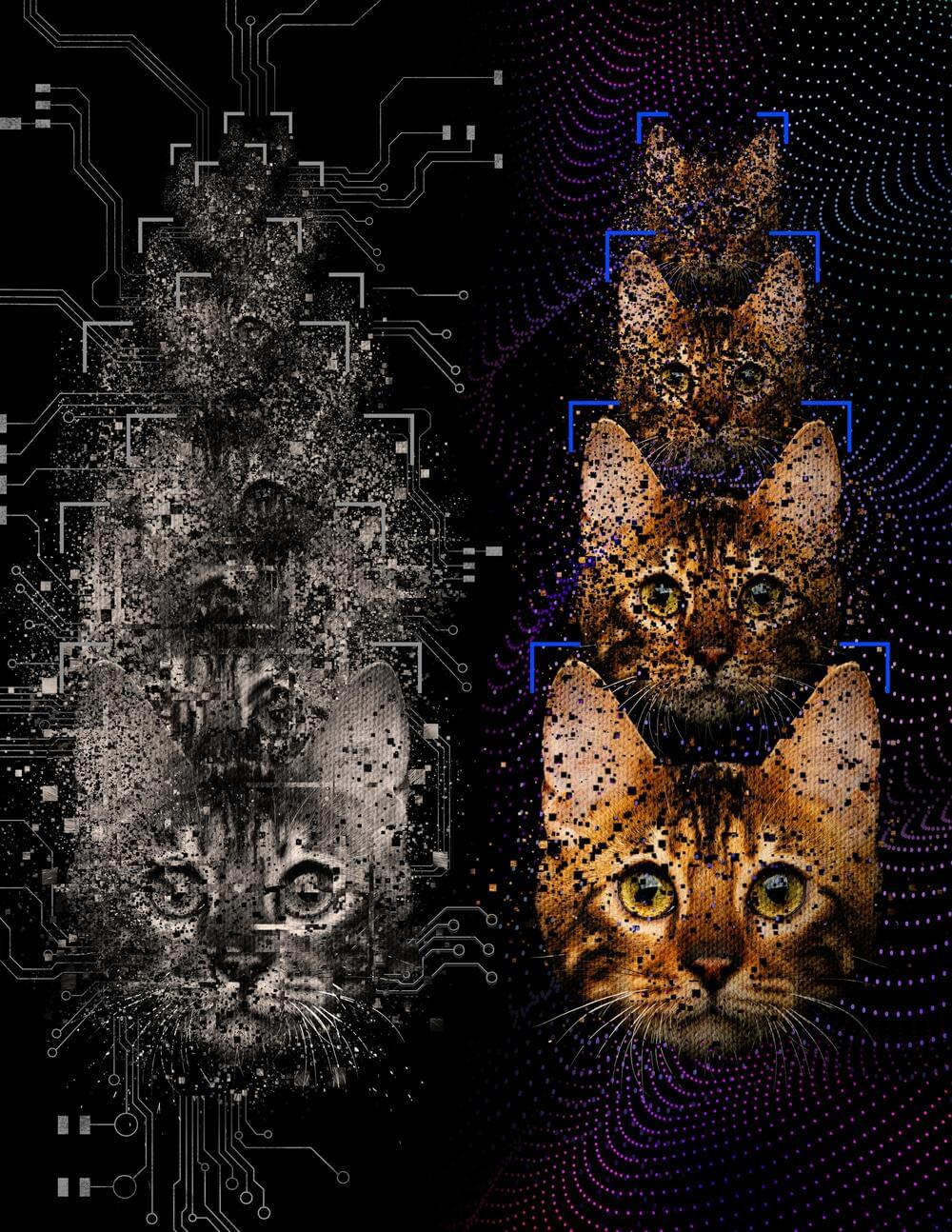A team of researchers affiliated with multiple institutions in the U.S., including Google Quantum AI, and a colleague in Australia, has developed a theory suggesting that quantum computers should be exponentially faster on some learning tasks than classical machines. In their paper published in the journal Science, the group describes their theory and results when tested on Google’s Sycamore quantum computer. Vedran Dunjko with Leiden University City has published a Perspective piece in the same journal issue outlining the idea behind combining quantum computing with machine learning to provide a new level of computer-based learning systems.
Machine learning is a system by which computers trained with datasets make informed guesses about new data. And quantum computing involves using sub-atomic particles to represent qubits as a means for conducting applications many times faster than is possible with classical computers. In this new effort, the researchers considered the idea of running machine-learning applications on quantum computers, possibly making them better at learning, and thus more useful.
To find out if the idea might be possible, and more importantly, if the results would be better than those achieved on classical computers, the researchers posed the problem in a novel way—they devised a machine learning task that would learn via experiments repeated many times over. They then developed theories describing how a quantum system could be used to conduct such experiments and to learn from them. They found that they were able to prove that a quantum computer could do it, and that it could do it much better than a classical system. In fact, they found a reduction in the required number of experiments needed to learn a concept to be four orders of magnitude lower than for classical systems. The researchers then built such a system and tested it on Google’s Sycamore quantum computer and confirmed their theory.










Comments are closed.